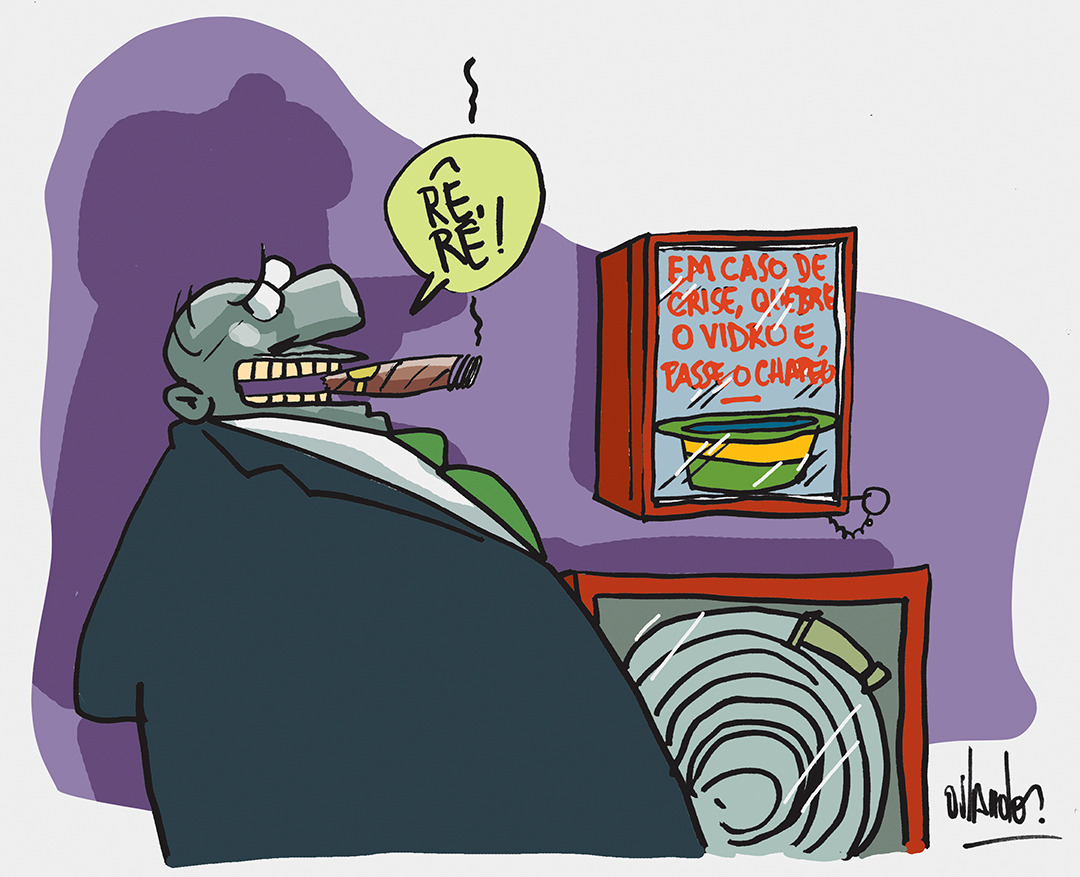Guido Mantega at Vale: market pressures and controversies

The recent appointment of Guido Mantega to the presidency of Vale generated intense debate and pressure from the market. The movement was so great that the appointment was eventually canceled, with the former minister releasing a letter in which he gave up the position. Even so, all this fuss merits a reflection on the reasons behind the resistance to his appointment. Are these criticisms really justified, or are they the result of an issue that goes beyond an analysis of the then candidate's ability?
It is well known that shareholders of large companies seek to influence the choice of candidates aligned with their interests. However, one wonders why the pressure falls specifically on Guido Mantega? Is this a natural market practice, or is there a selective bias in the criticism?
Guido Mantega's career as a former finance minister is often cited as a reason for discontent and even incompatibility. However, it is worth considering whether other renowned names, such as Pedro Malan and Fernando Henrique Cardoso, would face the same resistance if they were appointed. Would other people from the market who have worked in government be treated as aggressively as Guido Mantega? Or would it simply be disproportionate pressure? One more question: when we analyze the opposite path, is such pressure also valid? The comparison with the controversial management of ministers who came from the market should also receive attention and relevance, such as Levi, who came from Bradesco, and Paulo Guedes, who did a terrible job in his ministry.
The market, which preaches the idea of liberalism and minimal government interference, reveals its contradictions by seeking state aid when sectors such as airlines face difficulties. The analysis extends to the past, when PROER (Program to Encourage the Restructuring and Strengthening of the National Financial System), an initiative of the Fernando Henrique Cardoso government in response to the crises faced by banking institutions at the time, was created with the aim of guaranteeing the stability of the national financial system, preventing bank failures and protecting depositors. In good Portuguese: it was the state extending its arm to save the market in times of crisis.
The controversy of the market in its moments of fragility

Returning to the airline industry, the current situation of instability and crisis in the segment highlights the dual positioning of the market: liberalism proclaims the least possible government interference, but when sectors begin to show weakness, this same liberal market is the first to knock on the government's door to ask for help and encouragement in some way. In other words, the idea of a state-owned airline sends shivers down the corridors of Faria Lima, but none of them shy away from seeking government support in times of weakness. This raises questions about the coherence of market demands in different contexts.
The reference to PROER and Vale's dependence on the federal government emphasizes that it is impossible to exist without an interconnection between private companies and the state. Although Vale is a private entity with shares on the stock exchange, it needs government approvals and authorizations. This prompts reflection on the incoherence of rejecting government influence in certain aspects and seeking it in others. So, if the market wants to say that there should be no involvement from the President of the Republic or the government in appointments, then Vale shouldn't knock on its door if it doesn't have its permits renewed, or if it doesn't have specific mining programs authorized. It's a double standard: if I don't want the government to put any pressure on my governance, I can't want it to be at my disposal when I need some help, economically.
Finally, pressure from relevant shareholders in companies to appoint chairmen and directors is absolutely normal, both in Brazil and around the world. BlackRock itself, one of the world's largest investment managers and a shareholder in Vale, also lobbies for the appointment of executives within the company. The controversy surrounding Guido Mantega at Vale highlights the need to critically analyze the reasons behind the resistance. At this point, the newspapers are already announcing the release of a letter in which the former minister says he is quitting his position at Vale. This makes it even clearer that the debate should not be limited to individual issues, but should expand to a broader reflection on the contradictions of the market and its relationship with the government. Once again, what is happening in Brazil is a lot of fuss over a situation that is not necessarily that complicated.



1 Comment
Congratulations on the article.